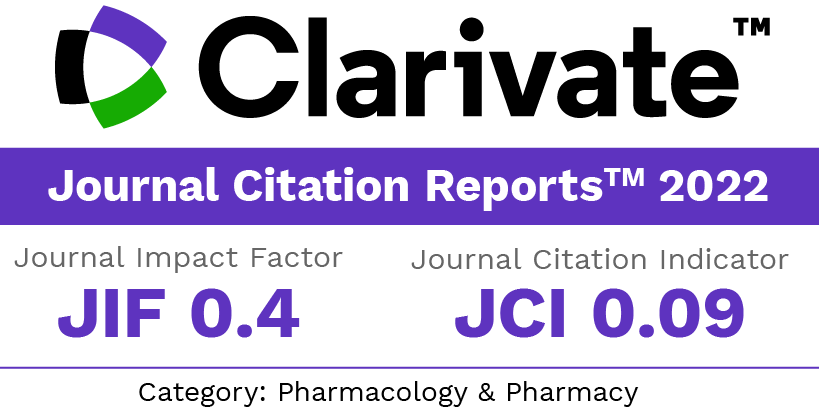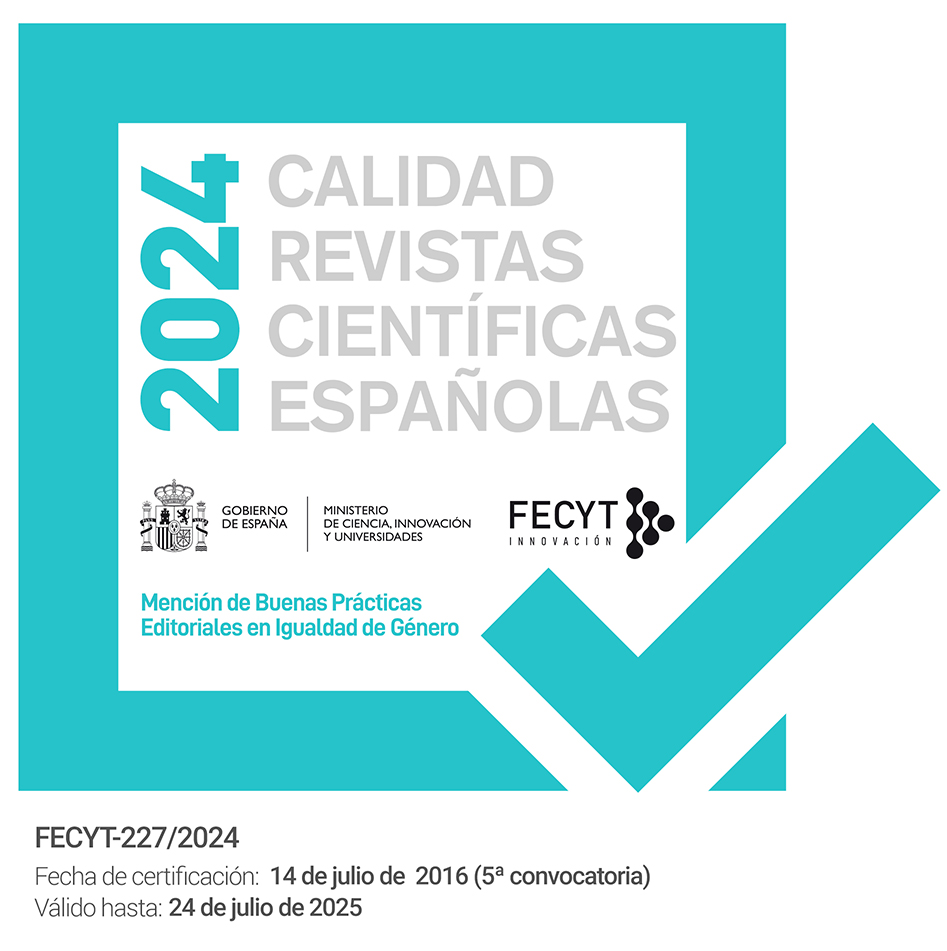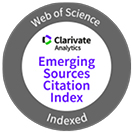Meaningful learning of the students of applied physics of the pharmacy degree: evaluation based on the use of questionnaires
Keywords:
Applied Physics, Evaluation, Meaningful learning, QuestionnairesAbstract
Aim: It have been detected clearly deficiencies in the teaching-learning process for the practice subject of “Physics Applied Health Sciences” which is taught in the first course of the Degree in Pharmacy. Therefore, the motivation of this work is the development of a simple evaluation program that permits to gain prompt information about the teaching process which allows the modification of the activities sequence and methodology.
Materials and Methods: Identical initial and final questionnaires were employed in the teaching practice based on problems and/or key questions worked in class. The results were classified in different models and represented, according to their complexity, in stairs of learning.
Results: The classification of the questionnaires results in model thinking denoted a positive evolution of the student learning. In particular, in the case of the Determination of the Specific Heat around a 57 % of the students evolved into more complex thoughts schemes, while a 60% of the students did the same for the Archimedes practice.
Conclusion: Teachers and students concur that the teaching-learning process is much more complete and attractive when student participation and reflection was encouraged. A goal in the near future could be try to repeat this experience with students of different groups to compare results, analyze in depth the difficulties in the assimilation of concepts and the design of new teaching strategies.
Downloads
References
Rodríguez-Fuentes A, Caurcel-Cara M J, Ramos-García A M. Didáctica del Espacio Europeo de Educación Superior. Guías de Trabajo Autónomo. Madrid: EOS Universitaria, 2008. pp. 53-55.
Ortega y Gasset, J. Misión de la Universidad, 2ª ed. Madrid: Revista de Occidente, 1975. pp. 78-79.
Bain K. Lo que hacen los mejores profesores universitarios. Barcelona: Publicaciones de la Universidad de Valencia, 2007. pp. 20-22.
Boud D, Felleti G. The Challenge of Problem-Based Learning. 2ª ed. Londres: Kogan Page Limited, 1997. pp. 1-14.
Clemente, M. La complejidad de las relaciones teórico-práctica en educación. Teoría de la educación. 2007; 19: 25-46.
De Miguel Díaz M, Alfaro Rocher I J, Apodaca Urquijo P, Arias Blanco J M, García Jiménez E, Lobato Fraile C, Pérez Boullosa A. Modalidades de enseñanza basadas en el desarrollo de competencias. Orientaciones para promover el cambio metodológico en el Espacio Europeo de Educación Superior. Oviedo: Ediciones Universidad de Oviedo, 2005. pp. 37-40.
Zabalza M A. El prácticum en la formación universitaria: estado de la cuestión. Revista de Educación, 2010; 354: 21-43.
Johnson D W, Johnson R T. Research on motivation in education. Vol (II): The classroom milieu. New York: New York Academic press, 1985. pp. 289-303.
Biggs, J B. Calidad del aprendizaje universitario. Madrid: Nancea, 2005. pp. 29-30.
Stephen E, D.Too much content, not enough thinking, and too little FUN!. Advances in Physiology Education. 2009; 33: 257-264.
Kitchener R. Piaget’s theory of knowledge. New Haven: Yale University Press, 1986. pp. 1-230.
Downloads
Published
How to Cite
Issue
Section
License
The articles, which are published in this journal, are subject to the following terms in relation to the rights of patrimonial or exploitation:
- The authors will keep their copyright and guarantee to the journal the right of first publication of their work, which will be distributed with a Creative Commons BY-NC-SA 4.0 license that allows third parties to reuse the work whenever its author, quote the original source and do not make commercial use of it.
b. The authors may adopt other non-exclusive licensing agreements for the distribution of the published version of the work (e.g., deposit it in an institutional telematic file or publish it in a monographic volume) provided that the original source of its publication is indicated.
c. Authors are allowed and advised to disseminate their work through the Internet (e.g. in institutional repositories or on their website) before and during the submission process, which can produce interesting exchanges and increase citations of the published work. (See The effect of open access).


















